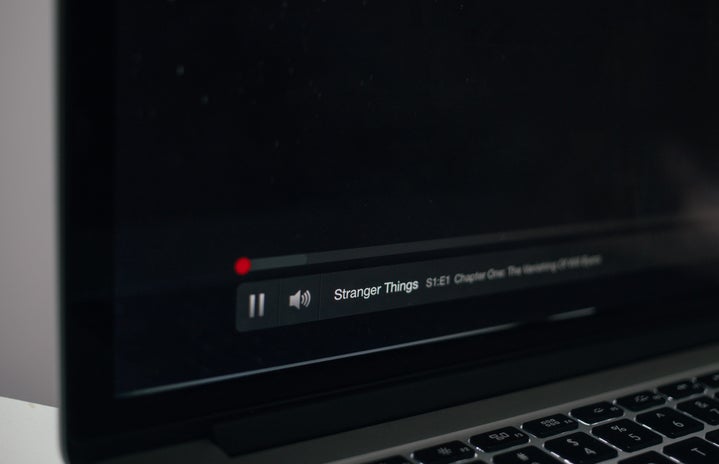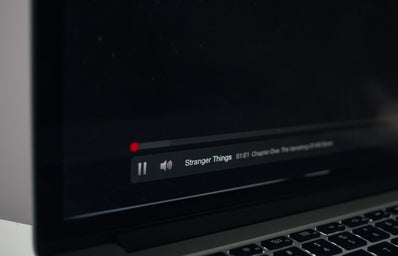Attention: Spoilers ahead!!!
Right before spring semester began, I wanted to indulge in one more TV-binging sesh before my coursework ate me alive. Unsurprisingly, I settled on You, because season one was definitely cringe-worthy, and I expected nothing less the second time around.
For those who are new to the show, You tells the story of Joe Goldberg, a seemingly normal man with some not-so-normal secrets. While this season definitely surpassed any and all creepy vibes, the way Candace, Joe’s ex, is portrayed particularly annoys me. Joe literally buried her alive, as we see in flashbacks throughout the season, yet she is mostly portrayed as being some sort of villainous character with the intent of destroying “true love.” In actuality, Candace is trying to prevent anybody else from being murdered by a serial killer. As viewers, we know this, but the “charm” of Joe’s character is purposely amplified to get in the way.
Candace uses the alias, Amy Adam, to find a way to bring herself into the main plotline. When the other characters find out that she is lying about who she is, they see her as an insane, obsessed woman. They think she has unfairly involved herself with Love’s twin brother, Forty, as a means of getting back at Joe.
When the other characters find out that Joe — who was using the name, Will — lied about his identity, they don’t make as big of a deal. Also, when they discover Candace’s true identity, she tries to let people know that Joe is in fact dangerous. However, no one believes her — they believe Joe, who insists that she is simply crazy. This all seems too familiar.
Referencing my feminist analysis, I watched an interview with Penn Badgley, who plays Joe, on The Late Show with Stephen Colbert. He basically said his character is favored due to aspects of privilege. This means he’s a straight, white man, so his character can get away with being a total sociopath, as long as he says something endearing once or twice an episode. Imagine if Joe was played by someone of color, not straight or of a different gender identity. Do you think Joe would still be as desirable or his sociopathic nature would take a greater hold in viewers’ minds?
As with the character, Love, a feminist lens should be used to review her situation. At the end of the season, we learn that she, like her lover, is also a killer. After Joe finds out this unforeseen news, he initially distances himself from Love. He doesn’t understand how she could be a killer. Normally, any sane person would make a run for it after discovering their significant other was a literal murderer, but Joe is not sane. You think he would be thrilled to know that he no longer has to hide his dark side from the love of his life. Instead, he views her as a killer and himself as a good guy.
The way he reacts to Love, by initially attempting to stab her, makes the audience’s disgust for her grow. Essentially, viewers probably aren’t going to like her anyways since she’s a killer, but can they say the same for Joe’s character? Once again, referencing The Late Show with Stephen Colbert, Badgley acknowledged that he has a lot of fans — who just so happen to think that his character is attractive and charismatic. Now, we know from essentially the first episode of season one that Joe is undeniably crazy, but that doesn’t stop people from fangirling. Why isn’t the same sort of judgment being fostered onto Love? Anyone who kills innocent people should be denounced and held accountable, but You seems to disregard such a notion for those who hold power, socially. Maybe this is on purpose, made to make us understand the implicit ways of thinking that tend to take over our society.
The season ends with Love and Joe settling down in their new, suburban abode, awaiting the arrival of their baby. More explicitly, it ends with Joe honing in on his newest target, which means that there will be more room for critique in the recently confirmed season three. It is expected to air on Netflix in 2021, The Oprah Magazine reports.
A scenario such as the one in You may seem a bit extreme to ponder, as we are talking about serial killers, after all. Nonetheless, the notions of equality are worth being examined. We live in a society that is constantly thrusting unfair judgments onto people who don’t fit the perceived “norm” and allowing bad behaviors from those who have social dominance on their sides.



